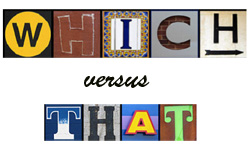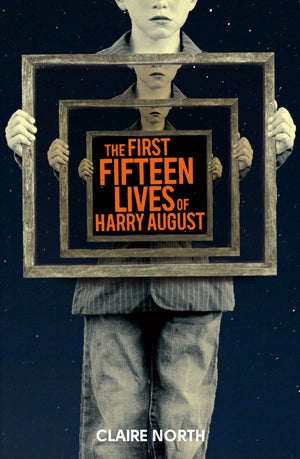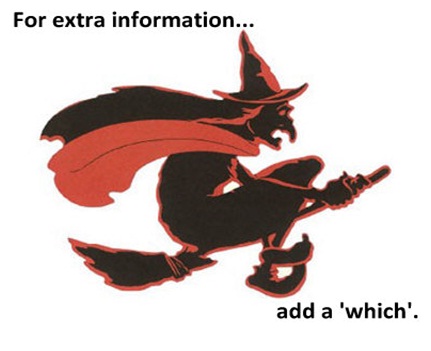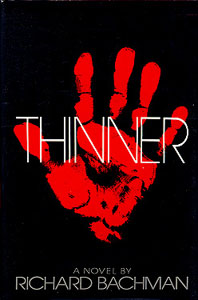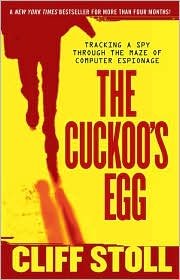For some reason, my mind immediately traveled back to the year I was ten when my dad took a six-month leave from his job as an electrical engineer to write a book. He'd saved for this and was joyfully enthusiastic to put one of his dreams into action. As part of his plan, he rented out our home and we became tenants in a more rural, less expensive house.
The reason the rent was so cheap is because that house was so old.
It looked okay from the outside– a large building with a porch across the front with a swing. The small yard in front of the porch was fenced, but the driveway on the left was not enclosed. That drive led to the door into the kitchen at the back of the house and to what seemed tremendous to a ten year old, but was probably no more than an acre of land planted with grape arbors and fruit trees--lots of pear trees, apple trees, and peach trees.
 |
| How Daddy probably saw the same house. |
 |
| Add a fence, trees, and a driveway on the left and this is similar to how I remember that house. |
Every room had a fire-place, the only form of heat available and of course, there was no air conditioning. We had to go out the back door to a porch to use the bathroom because it had been added and opened to the porch and not to the inside of the house.
My favorite room was the kitchen because that's where Mama usually could be found. There was a round, pot-bellied stove in there, and the room was always warm.It also smelled good. When I awoke in the morning, the scent of bacon and eggs wafted into my room. When I got off the school bus, I could smell dinner cooking before I even reached the house.
Thinking back, those must have been very hard times on my mother. She spent those months hauling wood into the house and keeping those fires burning. Daddy had made a budget and it didn't allow for the same kind of groceries we'd been accustomed to. Mama had to learn to cook less expensive foods, which was great with me because what's known as "soul food" evolved from making the best of limited resources in the South, and to this day, I love that kind of food.
The front room was Daddy's work room. Now, I confess that I was totally spoiled as a child, but the rules were firm: Don't make loud noises that would disturb him and don't go in that room. He wrote from 8:00 AM until 6:00 PM and then we had supper.
I have some happy memories from that house and the trees out back. There was one that was perfect to climb and sit in. I spent many weekend hours and time between school and supper sitting in my favorite tree and reading. Perched atop my favorite limb, I met Oliver Twist and became an avid Charles Dickens fan. I'm sure my mother was far less happy than I was because of the extra work and because when the writing didn't go well, my father was capable of extreme irritability.
However, my most vivid memory is fear. We moved into the house in the fall. I was terrified of the front yard. The only trees in that small fenced yard were deciduous and all the leaves fell off leaving naked branches.
 There were bare trees in the back yard, but they didn't scare me. When I got off the school bus, I ran as fast as I could down the drive to get past the fenced area. I always arrived at the back door breathless and rushed inside to my mother and the warmth and good smells. I don't know what I thought might get me in the front yard, but I don't recall ever going across from the gate to the front door by myself, and I don't remember ever using that swing.
There were bare trees in the back yard, but they didn't scare me. When I got off the school bus, I ran as fast as I could down the drive to get past the fenced area. I always arrived at the back door breathless and rushed inside to my mother and the warmth and good smells. I don't know what I thought might get me in the front yard, but I don't recall ever going across from the gate to the front door by myself, and I don't remember ever using that swing. What does all this have to do with writing? Stephen Ross's jogging of my memory of living there brought two facts about writing to mind.
FACT 1: It is most helpful, perhaps even necessary, to have a designated, private place to write. Stephen King recommends this and adds that it should be a space with no distractions.
FACT 2: We, both as writers and readers, react to how a place makes us feel from its "aura" more than from the reality of the site. This was vital in my writing of The True Haunting of Julia Bates, my horror novel that is now seeking a publisher. I tried to make the reader feel what I felt as a small child dashing past that scary place that I knew in my heart was fenced to keep the monsters within its borders.

Postscript One: That was my father's first book, and it was published by the University of Texas at Austin.
Postscript Two: I've wanted to try one of those houses where authors live together and write since I first read Frankenstein and the story of its creation. That's not what Ross wrote about, but his description of that week dampens that idea a little.
Until we meet again, take care of … you!

